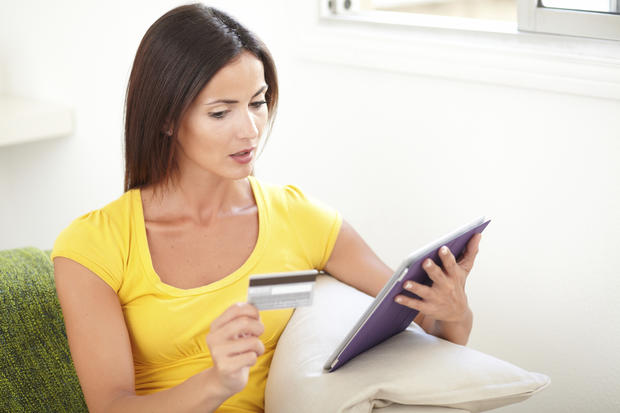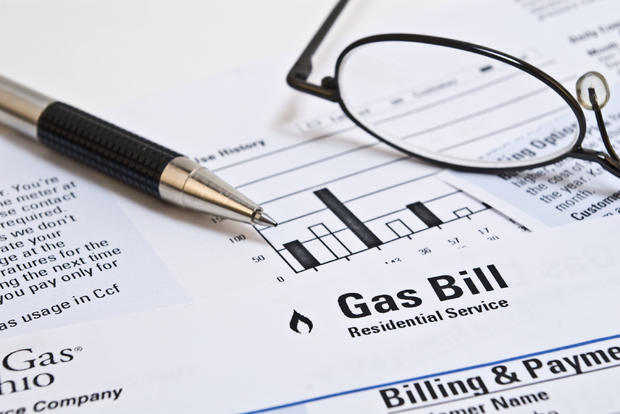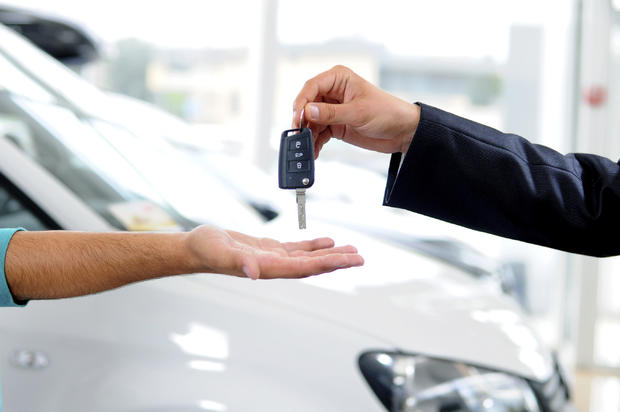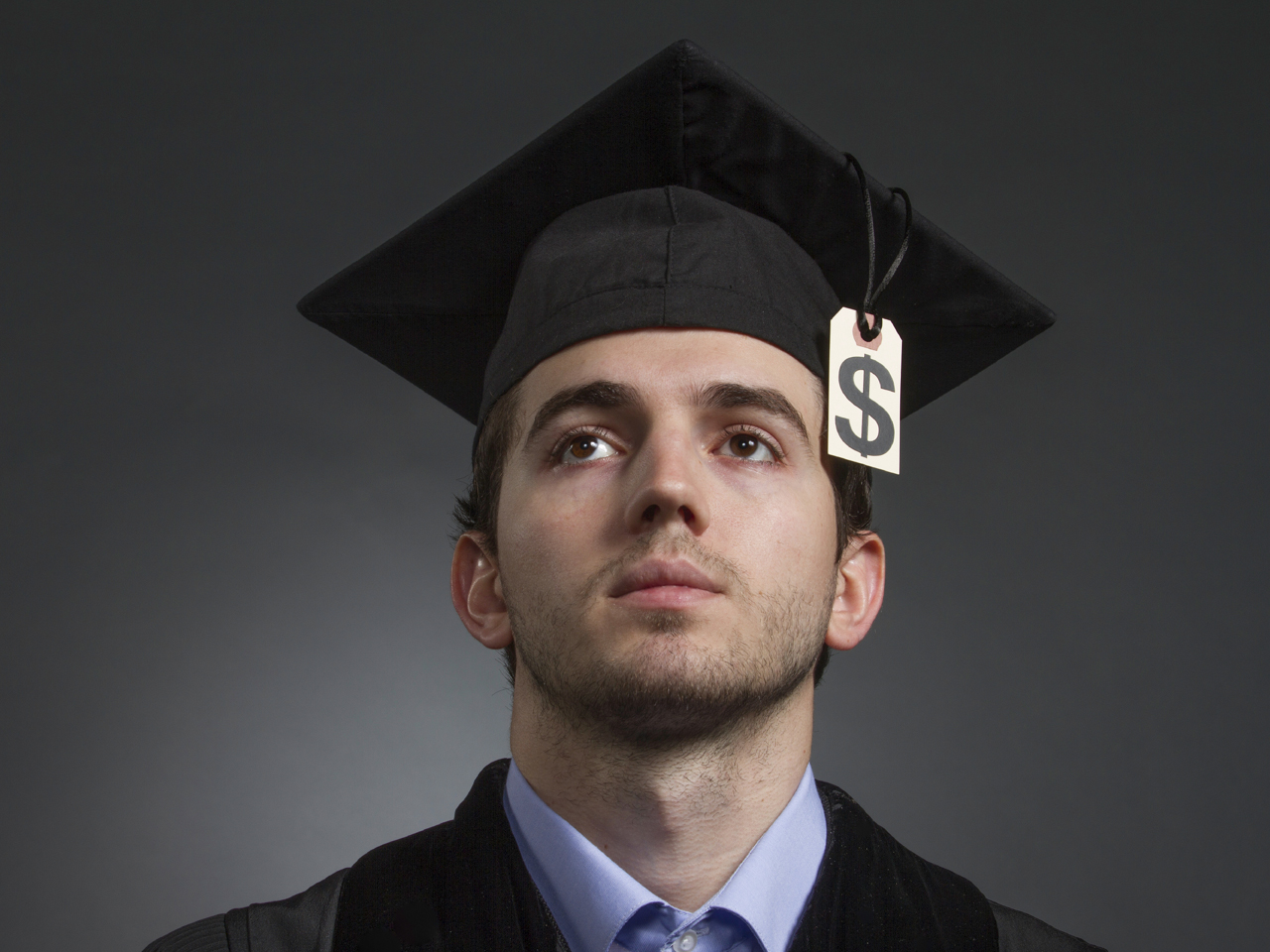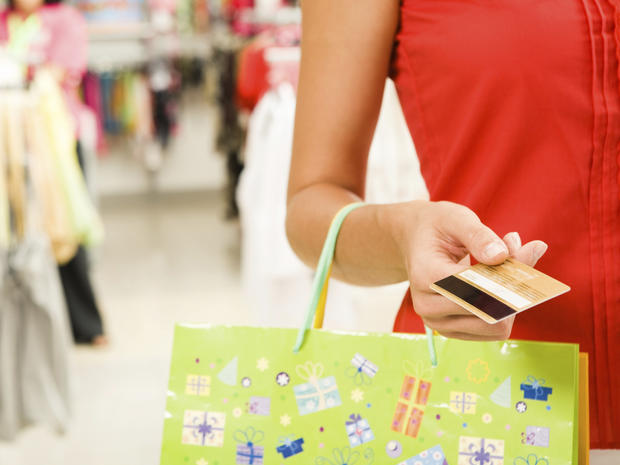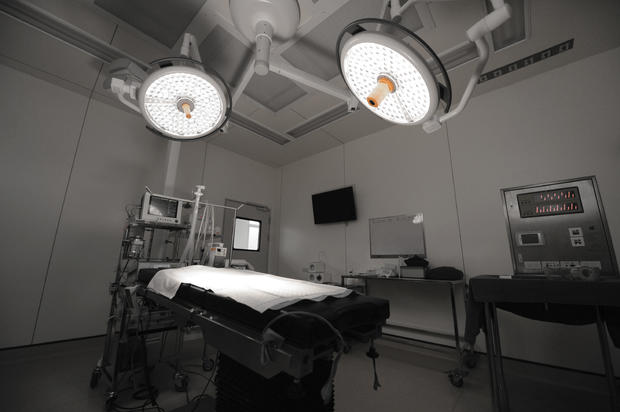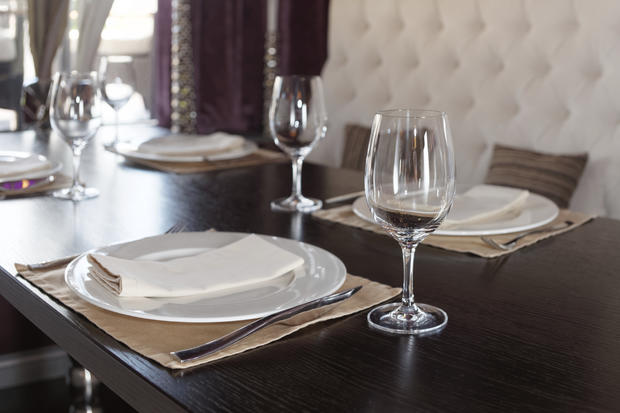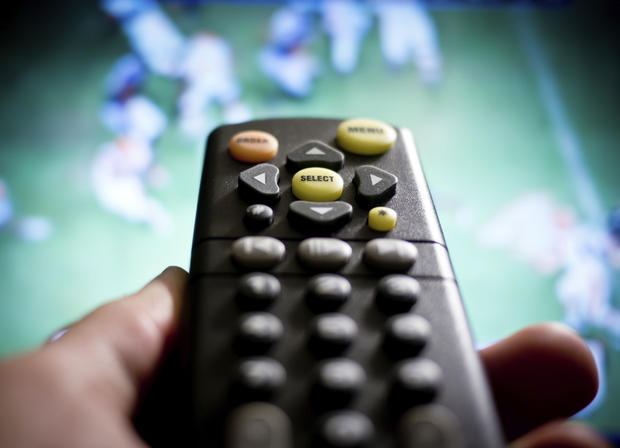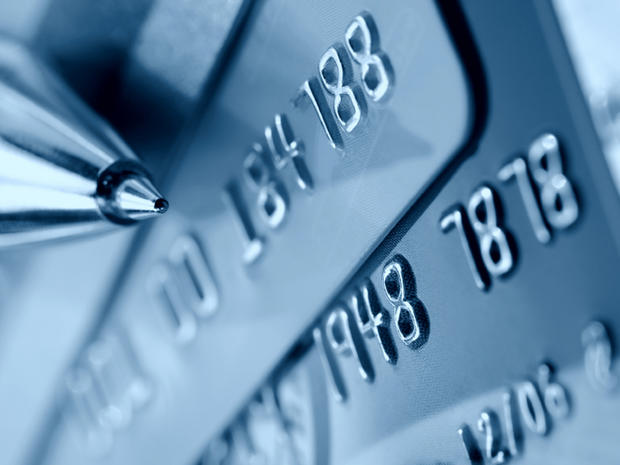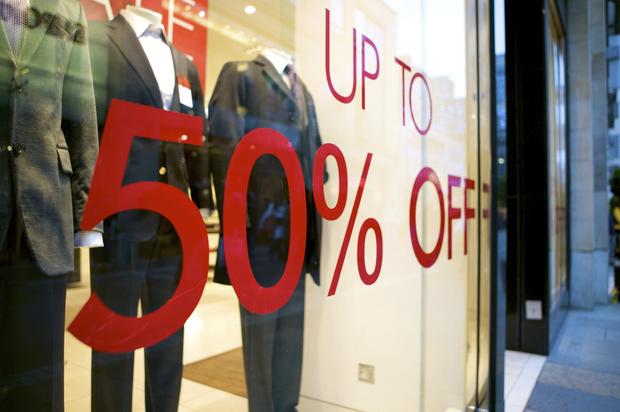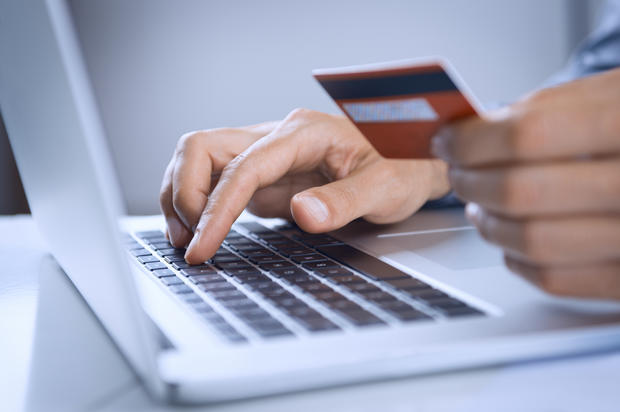10 purchases you shouldn't make with a credit card
By Allison Martin/MoneyTalksNews
Many credit cards offer a slew of incentives to consumers who use them -- from cash back and other rewards to zero liability in case of fraud.
But credit cards are not always your best form of payment, especially if you aren't great with debt. In many cases, you are better off keeping the plastic tucked away.
Here are 10 purchases you should probably avoid making with your magic plastic.
1. Household bills
If you are already cutting it close for the month, you may be tempted to use plastic to pay the utility, cellphone or cable bill. But if you're not paying off your full balance each month, the interest you will be charged makes those monthly bills even more expensive.
2. Cars
Car dealers often don't allow credit-card purchases, or may limit the amount of the purchase price you can put on your card. Dealers don't like credit card payments because they have to pay the 1 to 3 percent fee the card company charges to process the transaction
You could exercise the cash advance option. But you'll pay a fee and a higher interest rate. Also, you won't get a grace period on the interest -- it will begin to accumulate right away.
Instead of using a card, go to a credit union or bank to get financing approved at a reasonable interest rate before shopping for a car.
3. Student loans
If you can't afford to pay your federal student loans, you have options, such as an income-based repayment plan, deferment, forbearance and possibly loan forgiveness. (Take a look at "Finding Help With Your Student Loans" to learn more.)
Paying your student loan debt with a credit card increases the amount of interest you're paying on the debt. Even if you have a zero-percent introductory credit card offer, it will expire in time.
And while the federal government will accept a credit card payment for loans in default, many student loan servicers won't allow this form of payment.
4. Retail therapy
Think a new purchase will cheer you up? Perhaps. But remember that cash is king if you choose this mode of "therapy." That way, you won't let your credit card balance spiral out of control.
5. Medical bills
If you use a medical credit card available through your health care provider's office to pay bills, be careful to read the fine print about your obligations.
(Also consider steps you can take to reduce health care costs. See "10 Ways to Fight High Medical Bills.")
6. A night on the town
Handing your credit card to an unscrupulous waitperson equipped with a skimming device isn't your only worry. If you're out on the town throwing back drinks, it's easy to run up a tab you can't afford.
In these scenarios, it's best to pay with cash.
7. Big-ticket items you can’t pay off immediately
Credit cards offer great purchase protections and should be used for many big-ticket purchases. But buying something on credit when you can't afford to pay it off right away isn't smart.
8. Credit card payments
You can't charge your monthly credit card payment on another credit card. But perhaps you've been tempted to use a cash advance from a credit card to bolster your checking account so that you can pay your other bills.
We've already explained the folly of cash advances. Your credit card is not an ATM and should not be used as one.
There are real benefits, however, to transferring high-interest credit card debt to a new card with a generous zero-percent balance transfer offer. Just be aware of the balance transfer fee and the length of the offer.
9. "Sale" items
Convinced that you may miss out on savings if you don't purchase a specific item on sale right away? That's one of the warning signs of an impulse buy. Wait a day and think about whether you really need the item. Nine times out of 10, the answer will be "no." You aren't saving money by spending it for something you don't need.
10. Unsecured online purchases
Does the Web address have an "https" at the beginning? If not, that's your cue to take your online shopping elsewhere.
In fact, do your homework before purchasing anything online to make sure a company is reputable and not the source of many consumer complaints.
